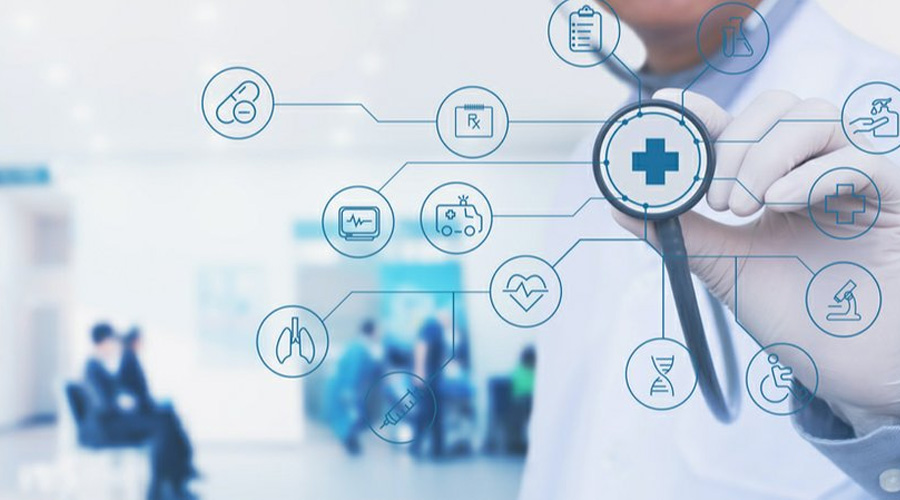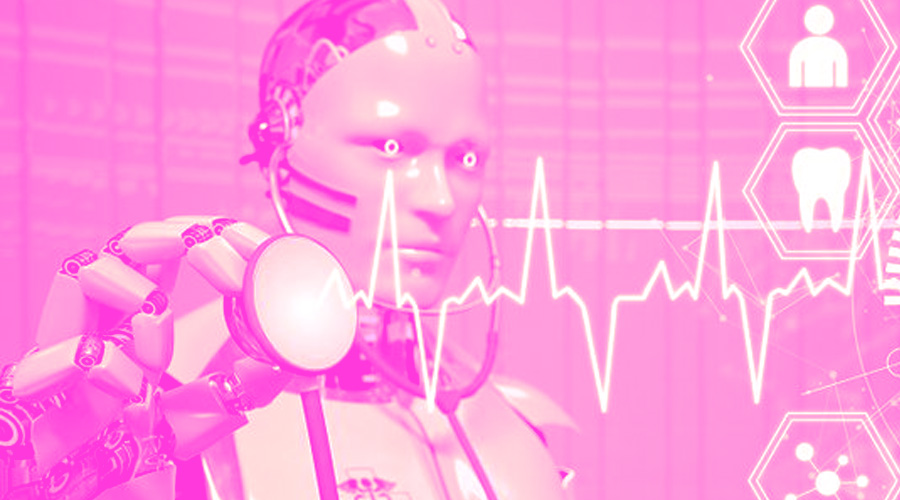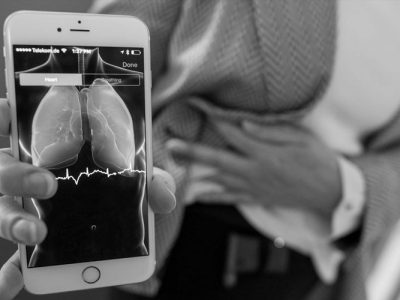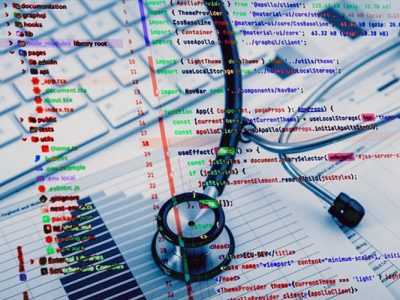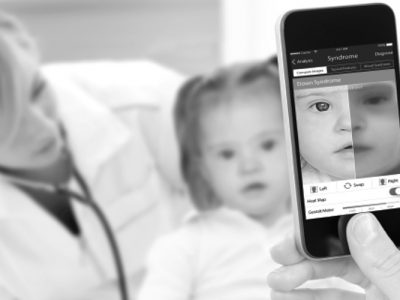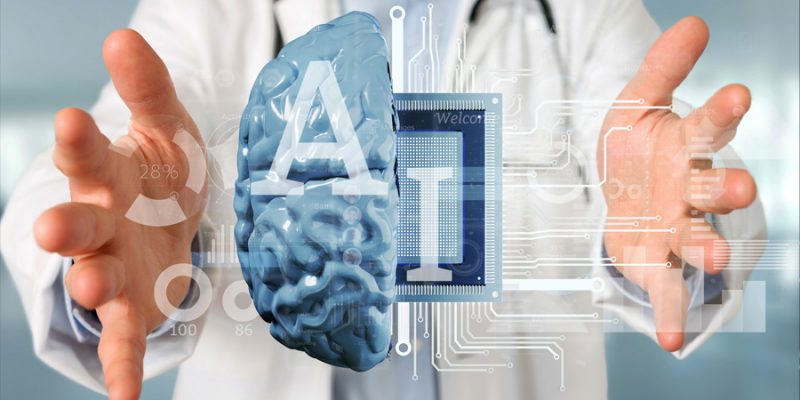
Artificial intelligence’s position in healthcare has been a hot topic in recent months, but with new opportunities come new challenges, and there’s no evidence of this technology’s growth slowing down anytime soon.
Artificial intelligence is currently a trendy topic in practically every area, including healthcare. Manufacturing supply chains, retail advertising, and customer service have all been changed by the big data revolution. However, using AI to revolutionize healthcare is a far different and far more difficult task. In this essay, I’ll discuss why AI in healthcare is a more difficult road to travel, as well as the possible benefits that make it worthwhile to pursue.
Challenges of AI in healthcare:
Other sectors employ machine learning and big data, but building and implementing AI solutions in healthcare is a very another issue. Consider Google AdWords, the world’s most powerful AI tool.Every step of the process is collected as data when you search for anything on Google and click on a result. Every stage is also the same for each user, with data gathered in measures like clicks that are comparable.
In comparison, no two patient encounters are the same in healthcare. Even if you simply wanted to look at a uniform doctor-patient contact, such as an annual wellness exam, the same patient seeing two different doctors would most certainly result in different information being recorded by each doctor. The amount and kind of data gathered for each patient vary even within one provider’s practice. Furthermore, much of the information that influences your health — what you ate, how much sleep you had, your stress levels, and so on — can’t be gathered during a doctor’s appointment. If you have such information in your file, it is almost often based on your faulty memory.In healthcare, the timetables are also much lengthier. Within an hour, a new modification to the AdWords algorithm might generate 100 million points of feedback. However, gathering input from an AI tool designed to impact patient outcomes may take months.
Healthcare data is extremely essential, yet it is extremely complicated and diverse. If a Google engineer makes a mistake, they may be fired, the data could be corrected, and the firm could lose money until the problem is remedied. An error with healthcare data, on the other hand, is a life-or-death situation. Missed income is significantly more expensive than mistakes. Similarly, health-related information is kept private. Even testing new technology in healthcare necessitates a high level of security to protect patient data. In healthcare, the stakes are even higher.
Healthcare datasets are unavoidably smaller, which means there is fewer training data for AI systems to learn from. Although tools like AdWords may compare the findings of millions of individuals, a clinical study may only recruit 50 patients; a large trial may enrol 1,000. There are millions of patients in real-world healthcare datasets, but by the time you filter down to relevant cases for training a specific algorithm, those datasets are reduced to hundreds of thousands or even less. This is a fraction of the size of what the most popular AI algorithms are trained on in other environments. In the healthcare setting, optimization goals are also different – with a program like AdWords, accuracy is the most essential aim, while in healthcare, health outcomes are significantly more important. False negatives have more serious repercussions in clinical settings than false positives.
Opportunities of AI in healthcare
Why do it if making meaningful AI tools for healthcare is so difficult? Because the potential is huge. Currently, there is essentially no systematic mechanism to learn from the massive volumes of data created every day on patient experiences and outcomes due to the way we practice healthcare. Doctors gain knowledge through their own experiences, but they can only visit a few thousand patients in their lifetime. Millions of patients’ experiences and thousands of professionals’ knowledge may be analysed and learned by an AI tool, substantially boosting diagnosis and therapy.
In healthcare, AI systems will never be able to take the role of doctors. Instead, they will assist each doctor in accomplishing more than they could previously. AI systems might assist physicians and nurses read X-rays, assessing test findings, and discovering and curing unusual disorders by learning from enormous volumes of patient data. Given the global lack of physicians and healthcare workers, anything that might assist doctors to expand their talents would be extremely beneficial.
AI solutions might potentially free up time for busy physicians to focus on more important responsibilities. To gather data, most clinicians nowadays must manually input notes from a patient visit into an electronic health record. Similarly, during appointments, therapists take handwritten notes that are later entered into an EHR. By recording speech in real-time, AI systems might eliminate the need for human note-taking, allowing clinicians to focus entirely on the patient in front of them.
In the end, AI technologies may be able to synthesis and evaluate a variety of data sources, such as data provided by digital symptom tracking, wearable sensors, and medical visits, to create a more comprehensive picture of the patient. AI might also help with healthcare logistics by scheduling appointments and procedures, as well as advising on staffing levels at various periods of the week and year.

